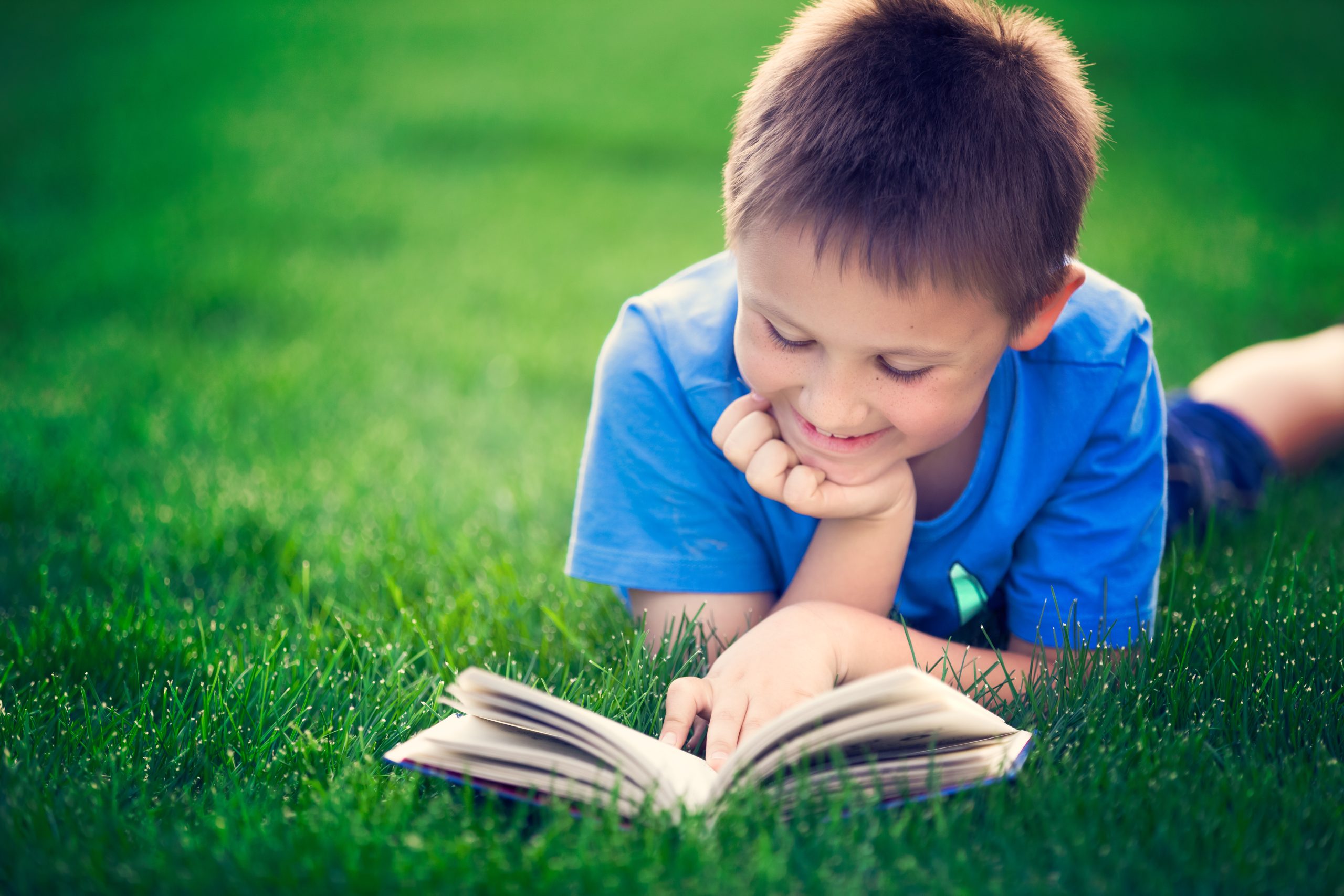
123rf
Reading is a vital skill that opens doors to knowledge, imagination, and empathy. However, several myths about reading can deter children from embracing this enriching activity. By debunking these myths, we can help kids discover the joy of reading. Here are eight false myths about reading that might be keeping kids away from books.
1. Reading Is Boring

123rf
Many people believe that reading is a dull activity. This myth stems from the notion that all books are monotonous or unengaging. However, there is a vast array of genres and topics to explore. From thrilling adventures to heartwarming stories, books can captivate any interest. Encouraging kids to explore different types of books can help them find what excites them. Personalized book recommendations can also play a significant role in making reading more appealing.
2. Only Certain Genres Are Worth Reading

123rf
There’s a common misconception that only classic literature or educational books are valuable. This belief can limit a child’s exposure to a wide range of literary experiences. In reality, graphic novels, fantasy, science fiction, and even comic books can be highly beneficial. These genres can enhance creativity and critical thinking. Allowing children to choose books that interest them can foster a lifelong love of reading. The key is to encourage reading for enjoyment, regardless of the genre.
3. Reading Is Just for Smart Kids

123rf
Some children believe that reading is an activity reserved for the academically gifted. This myth can create unnecessary pressure and discourage kids who struggle with reading. The truth is, reading is for everyone, and everyone can improve with practice. It’s important to celebrate all efforts in reading, not just achievements. Providing supportive and non-judgmental environments can help all children feel confident in their reading abilities.
4. You Have to Finish Every Book You Start

123rf
The idea that one must finish every book they start can be overwhelming for kids. This myth can make reading feel like a chore rather than an enjoyable activity. It’s perfectly okay to put down a book that doesn’t capture your interest. Teaching kids that it’s fine to move on to another book encourages them to keep exploring. The goal is to find books they love, not to slog through ones they don’t enjoy. This approach can make reading more flexible and fun.
5. Reading Is an Isolated Activity

123rf
Another myth is that reading is a solitary and antisocial activity. While reading can be a personal experience, it can also be shared and social. Book clubs, reading circles, and family reading time can make reading a communal event. Discussing books with friends or family can deepen understanding and enjoyment. These social interactions can enhance the reading experience and make it more engaging for kids. Reading together can also build stronger family bonds.
6. Audiobooks and E-books Don’t Count as Reading

123rf
There’s a misconception that listening to audiobooks or reading e-books isn’t the same as traditional reading. In reality, audiobooks and e-books are valuable tools that can make reading more accessible. They can help children who struggle with traditional reading methods or have busy schedules. These formats can also introduce kids to new vocabulary and storytelling techniques. Embracing all forms of reading can help foster a love of books in the digital age. It’s important to recognize that the medium doesn’t diminish the value of the experience.
7. Reading Is Just for Learning, Not for Fun

123rf
Some kids see reading as a task associated solely with schoolwork and studying. This myth can prevent them from discovering the enjoyment of reading for pleasure. Reading can be a fun escape into different worlds and adventures. Encouraging kids to read for enjoyment, not just for educational purposes, can change their perception. Finding books that align with their hobbies and interests can make reading a favorite pastime. It’s crucial to promote reading as a delightful activity, not just an academic requirement.
8. Faster Readers Are Better Readers

123rf
There’s a widespread belief that reading quickly is a sign of intelligence or better comprehension. This myth can make slower readers feel inadequate and frustrated. Reading speed does not equate to understanding or enjoyment. It’s more important for kids to read at their own pace and fully grasp the material. Encouraging thoughtful and reflective reading can be more beneficial than pushing for speed. Every reader has their own pace, and that’s perfectly okay.
Embracing the Joy of Reading

123rf
Dispelling these myths about reading can significantly impact a child’s relationship with books. Encouraging diverse reading habits, allowing flexibility, and promoting reading for enjoyment can help foster a lifelong love of reading. By understanding and addressing these misconceptions, we can create a more supportive and engaging environment for young readers. Let’s help children discover the magic of books without the constraints of false myths.

Latrice is a dedicated professional with a rich background in social work, complemented by an Associate Degree in the field. Her journey has been uniquely shaped by the rewarding experience of being a stay-at-home mom to her two children, aged 13 and 5. This role has not only been a testament to her commitment to family but has also provided her with invaluable life lessons and insights.
As a mother, Latrice has embraced the opportunity to educate her children on essential life skills, with a special focus on financial literacy, the nuances of life, and the importance of inner peace.
Leave a Reply